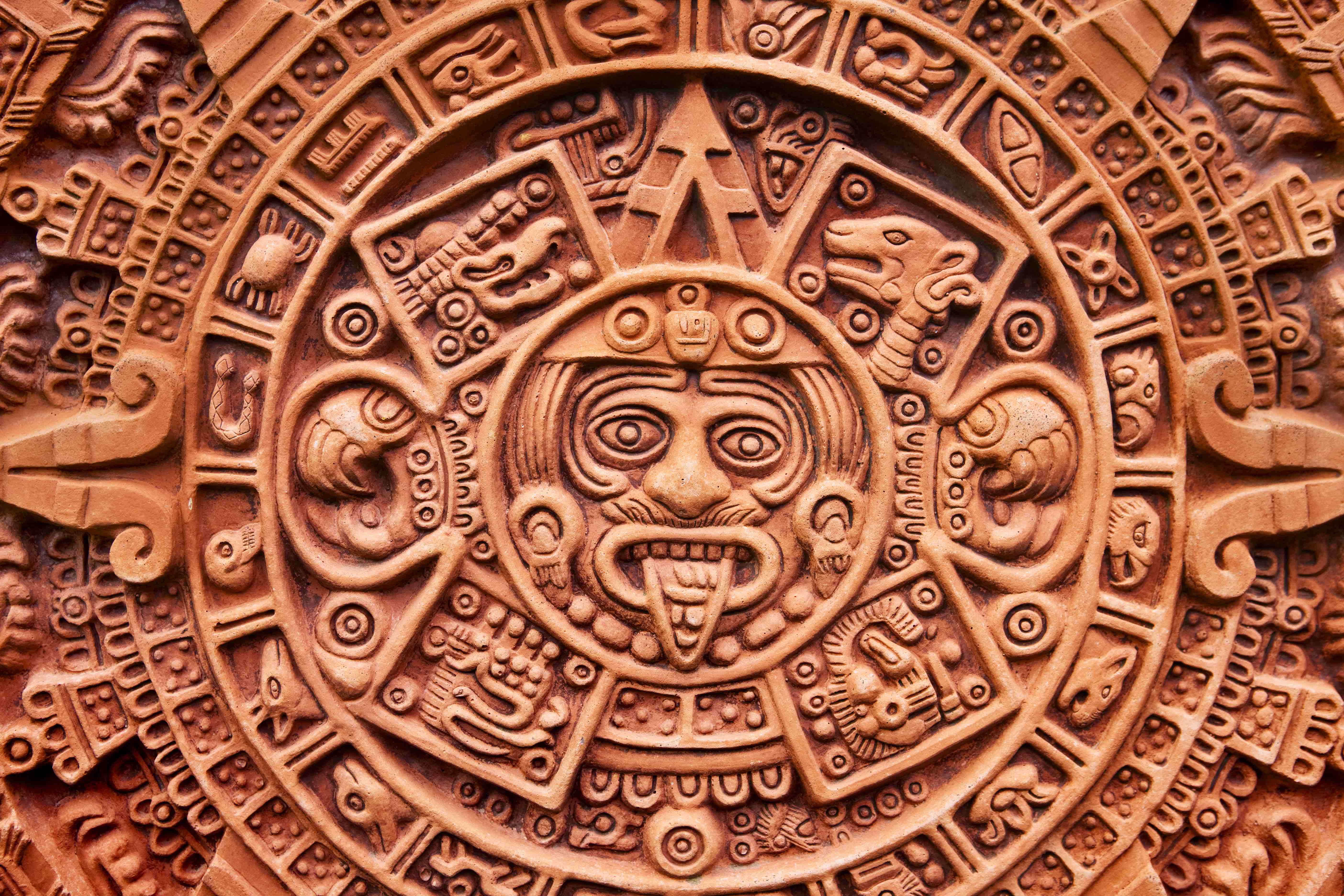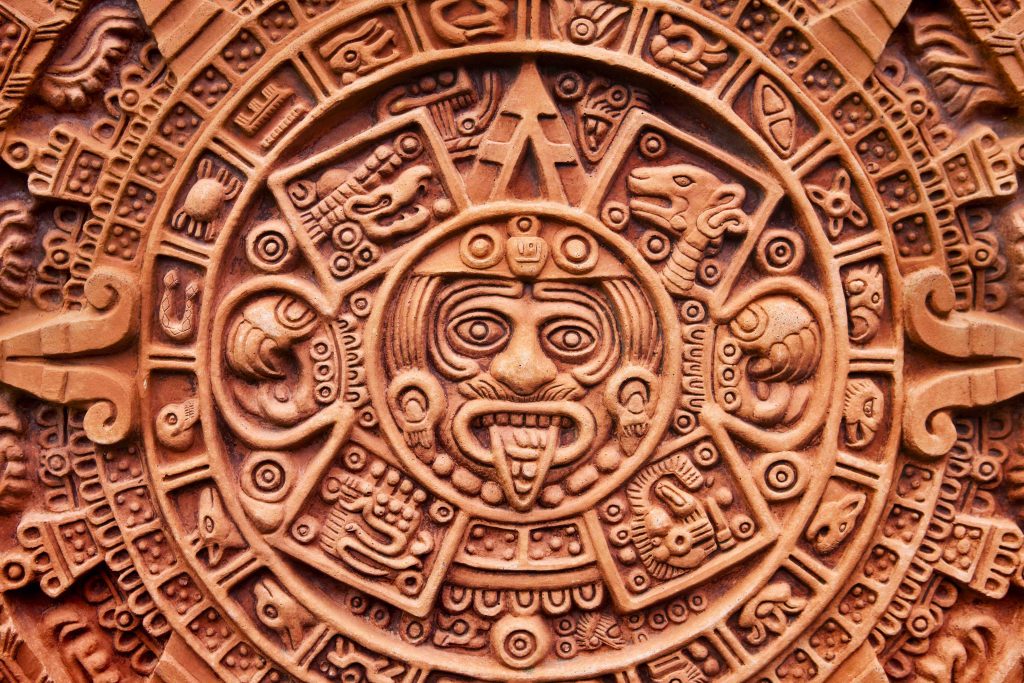In 2001, San Diego State University dropped Monty Montezuma – a culturally insensitive cartoon figure that served as the school’s mascot since at least 1941. By 2004 – a year after a committee of students and professors voted on a new mascot – the Aztec Warrior made its official debut, according to The San Diego Union-Tribune. But in the years since the mascot’s reveal, controversy over the revised imagery has continued to bubble. In 2014, the Queer People of Color Collective – a now-defunct student group – unsuccessfully pushed for the school to renounce the mascot because it “[perpetuated] harmful stereotypes of Native Americans, including the notion that Native Americans are innately violent, dangerous, and ‘savage.’”
This year, the Native American Student Alliance submitted a resolution calling for the end of the Aztec mascot and urging the school to “choose and accept a new, non-human” one. On April 10, the Student Diversity Commission unanimously voted to pass the alliance’s resolution, and the A.S. University Council will take an official vote on April 19.
American Indian Studies professor Ozzie Monge co-wrote the resolution. On top of objecting the use of indigenous groups as mascot, which he says make students and faculty “accidental racists” in “redface,” he also noted that using the Aztec is historically inaccurate. The Aztecs have been tied to the Southwest, but they lived in central Mexico – about 1,000 miles away. “This is a public university,” Monge told The San Diego Union-Tribune. “We’re not supposed to perpetuate ignorance. We’re suppose to be seekers of truth and knowledge, and the fact is that we continue to foist this ridiculous idea on students, on the faculty and the public. It’s counter to our mission statement.”
In a letter he wrote to President Elliot Hirshman in 2016, he details how the school isn’t following the National Collegiate Athletic Association’s 2005 policy. That year, the NCAA banned colleges and universities participating in its 88 championship events from using mascots that were racially or ethnically “hostile or abusive” during competition. Monge argues that the school bypassed this policy by claiming that Mexico doesn’t belong to North America. “The Aztecs are not a Native American or American Indian culture,” former SDSU President Stephen Weber said. “However, the Aztecs are central to the cultural heritage of Mexico.”
Just as much as some have fought against it, others have fought for the Aztec Warrior to remain. Dr. Patricia Lozada-Santone, the assistant dean of student affairs says getting rid of the mascot would be upsetting to Aztec descendants. “They would be very crushed and devastated to know they’ve been wiped out of the multitude of thousands and thousands of generations of a place of higher learning, a place that would never speak again about the Aztec nation,” Lozada-Santone said.
When the school retired Monty Montezuma more than a decade ago, SDSU tried to replace it with a spearless Montezuma, which only further upset a part of the school population. Trying to get the mascot reinstated, SDSU alums launched The Aztec Warrior Foundation in 2002. It’s because of this opposition that the Aztec Warrior has remained.
This divide echoes the similar schism that has played out nationally. For decades, Native American groups have protested professional team’s use of indigenous figures. Fans of these teams, however, resist the change – even with the affected groups explaining why this imagery is so harmful. “Born in an era when racism and bigotry were accepted by the dominant culture, ‘Indian’ sports brands have grown to become multi-million dollar franchises,” the National Congress of American Indians wrote. “The intolerance and harm promoted by these ‘Indian’ sports mascots, logos, or symbols, have very real consequences for Native people. Specifically, rather than honoring Native peoples, these caricatures and stereotypes are harmful, perpetuate negative stereotypes of America’s first peoples, and contribute to a disregard for the personhood of Native peoples.”
Update, May 16 at 6:18 p.m.: In mid-April, SDSU’s Associated Students Council rejected the resolution, according to the San Diego Union Tribune.




